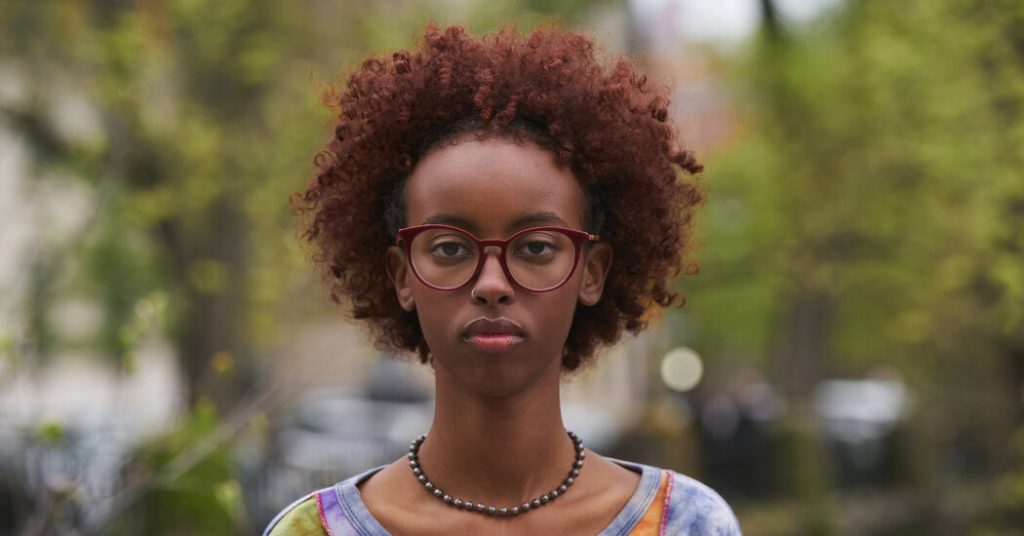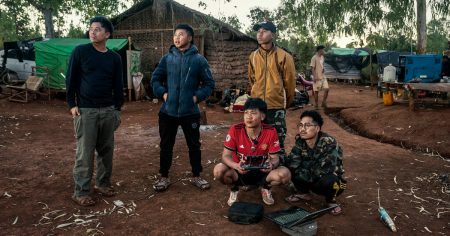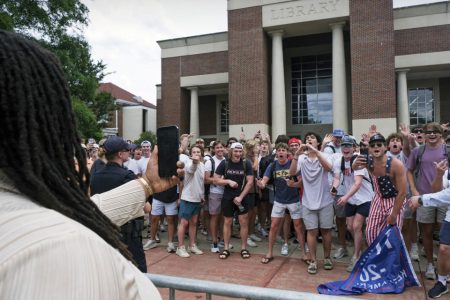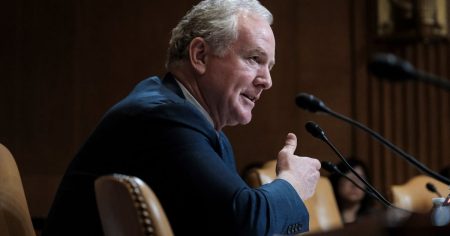More than 100 students from Columbia University and Barnard College were arrested after refusing to leave a pro-Palestinian encampment on campus. These students were released with summonses and informed that they were suspended. Columbia University announced that IDs would soon stop working for these students, disrupting their ability to finish the semester. Despite facing consequences, many students remained determined to protest Israel’s actions in Gaza, expressing a renewed belief in their cause.
The arrests and subsequent disciplinary actions followed congressional testimony by Columbia’s president regarding antisemitism on campus. Columbia officials acknowledged antisemitic episodes and called some protesters’ language offensive, prompting the Police Department to intervene. Among the protesters was Isra Hirsi, daughter of Representative Ilhan Omar, who questioned Columbia administrators about their treatment of Palestinian and Muslim students. Hirsi expressed shock at being arrested, but remained determined to continue advocating for change on campus.
Following the arrests, many students vowed to continue their demonstrations despite the uncertainties they faced. Some students were suspended and prohibited from campus spaces, including dining halls and libraries. Others received warnings to pack their belongings and were escorted out of their dormitories by staff members. Despite these challenges, students like Hirsi remained defiant, fighting against their interim suspension and continuing to protest against the university administration’s actions.
In response to the arrests, campus newspaper The Columbia Daily Spectator criticized the university president’s decision to involve the police and called for more protection for protesters facing harassment. While Dr. Shafik justified her actions as necessary due to disruptions caused by the encampment, many of the protesters, including Jewish students, disagreed with this characterization. Some students felt that it was the college, rather than their peers, that made them feel unsafe, standing by their beliefs and faith in the face of adversity.
The protesters, including students from diverse backgrounds and faiths, faced challenges during their time in police custody. Students were split by gender, with some Muslim students struggling to find space for daily prayers. Despite challenges, students tried to maintain morale by chanting and supporting each other throughout the process. The experience was emotional for many, with some receiving messages of pride and support from their families for standing up for their beliefs. The uncertain weeks ahead will test both the arrested students and university leaders as the semester comes to a close.














